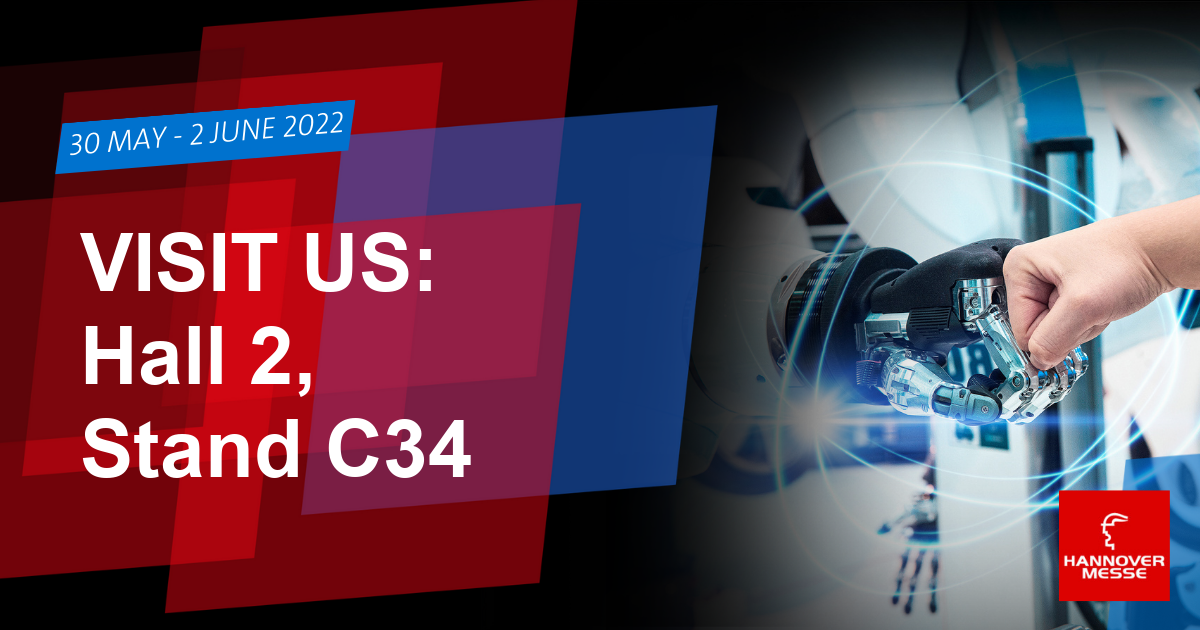
Source: Hannover Messe
At Hannover Messe 2022, which will take place this year from 30 May to 2 June, the Bundesanstalt für Materialforschung und -prüfung (BAM) will present its activities within the QI-Digital initiative, which is funded by the Federal Ministry of Economic Affairs and Climate Action (BMWK). Using two practical application examples - additive manufacturing chain and hydrogen filling station - visitors will learn how a modern digitalised quality infrastructure (QI) contributes to improved quality assurance, new safety standards and more economic efficiency.
"Digitalisation places new demands on quality assurance and the safety of future technologies such as hydrogen and additive manufacturing," says Prof. Dr Ulrich Panne, President of BAM. "A digital quality infrastructure can deliver real added value here and create confidence in these new technologies."
Quality assurance in additive manufacturing
Additive manufacturing holds great potential to produce high-quality and complex components faster and more efficiently. However, the complexity of the manufacturing process and the high degree of individualisation of the products pose great challenges for conventional quality assurance. This is where the QI-Digital project in additive manufacturing comes in.
In the new QI-Digital additive manufacturing real laboratory, BAM is developing and testing innovative solutions together with its partners. In the specially created centre of excellence for SMEs, the entire additive process chain - from the geometry data and the printing process to final non-destructive testing - is physically set up and digitally mapped as part of the project.
In addition, innovative monitoring and testing procedures will be developed and smart standards and digital certificates will be made available to users in the future. A blockchain-based QI cloud enables secure documentation.
Safe and efficient hydrogen filling stations
With the more intensive use of hydrogen in the mobility sector in the future, demands on the availability, operational safety and economic efficiency of a corresponding filling station network will increase, among other things. Digital QI can make a significant contribution here - as in many comparable areas of application for hydrogen - with digital measurement and monitoring methods.
As part of the QI-Digital initiative, BAM is setting up a research filling station for hydrogen as a real laboratory at its test site in Brandenburg (BAM TTS). The aim is to increase the safety and economic efficiency of the components and processes of such plants and to promote confidence in modern hydrogen technologies.
To this end, a large number of components - from the compressed gas storage tank to the actual fuel pump - will be equipped with sensors and digitally connected with each other. In addition, the entire filling station is mapped in a digital twin. This allows processes to be optimised and analogue maintenance methods to be replaced by more efficient, digitally quality-assured monitoring methods. At the Hannover Messe, visitors can expect interactive exhibits and comprehensive advice on the project, which BAM is presenting together with the Physikalisch-Technische Bundesanstalt (PTB).
Panel discussion on the topic of digital quality infrastructure
The programme of the QI-Digital Initiative will be rounded off by a panel discussion on Wednesday, 1.6.2022, at 3.30 p.m. at the BMWK stand (C34). Under the title "QI-Digital: Quality infrastructure as an anchor of trust in the digital transformation", the key players of the initiative will discuss the challenges and solutions for a digital QI.
BAM at the Hannover Messe
BAM will present its exhibits on digitalised QI at the stand of the Federal Ministry of Economics and Climate Protection (BMWK) in Hall 2, Stand C34.
Press interviews
We cordially invite you to visit us at our stand and to talk to us. We would also be happy to arrange an interview with our scientists.
About the QI-Digital initiative
Quality Infrastructure Digital (QI-Digital) is a joint research initiative of the Bundesanstalt für Materialforschung und -prüfung (BAM), the German Institute for Standardisation (DIN), the German Commission for Electrical, Electronic & Information Technologies (DKE), the German Accreditation Body DAkkS, and the Physikalisch-Technische Bundesanstalt (PTB). Together with partners from industry, they develop practical solutions for a modern, agile and digital quality infrastructure. The aim is to digitalise established quality assurance structures and processes in order to secure the competitiveness of the German economy in the long term.


